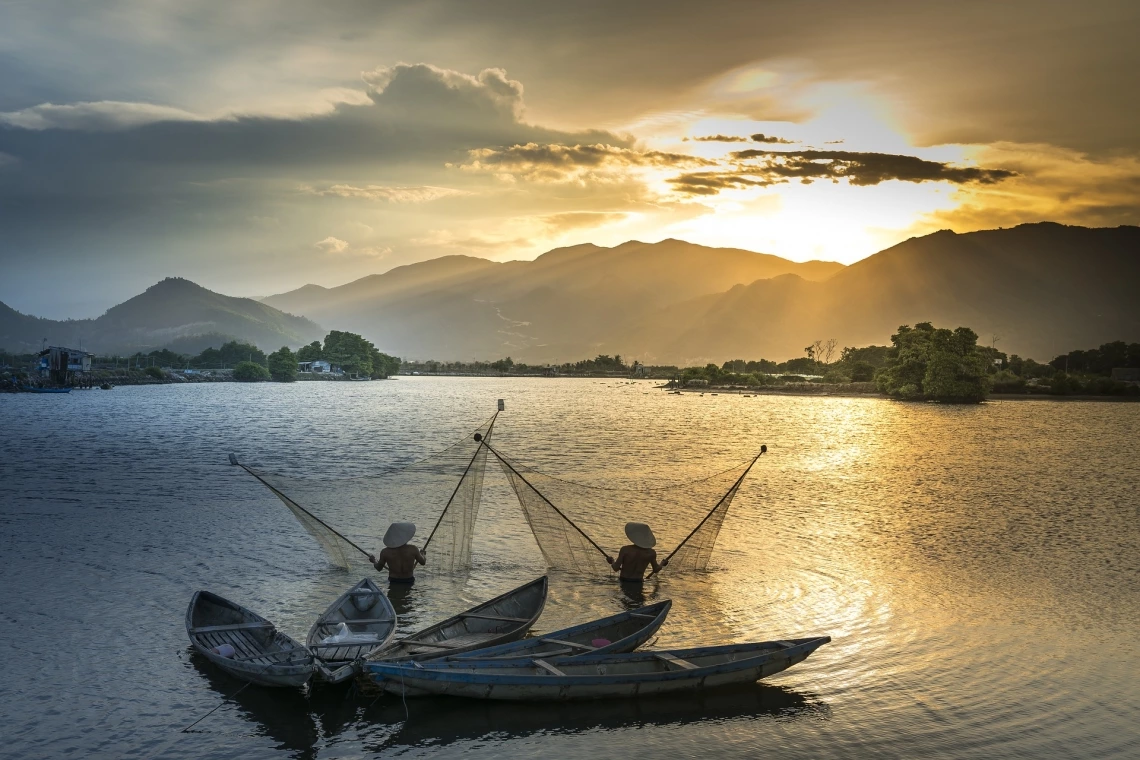Lansey, Vafai Leading Science Policy and Diplomacy Class

Students in a class taught by CAEM professor Kevin Lansey and CAEM research professor Hassan Vafai recently participated in a project hosted by the Diplomacy Lab – a public-private partnership between the U.S. Department of State and a network of U.S. academic institutions. Students in the CAEM faculty's Science Policy and Diplomacy class teamed up with students from the Climate Change Adaptation class for the Diplomacy Lab.
The students were assigned a project, developed under the Mekong-U.S. Partnership, that aims to find solutions to challenges in the region and to identify opportunities for the U.S. and the Mekong people and states. The students focused on improving food, energy and water security in Southeast Asia's Lower Mekong River Basin countries, which include Cambodia, Lao PDR, Myanmar, Thailand and Vietnam.
After months of research and brainstorming, four of the 12 students presented their policy recommendations in December 2021 via Zoom to Jung H. Pak, Deputy Assistant Secretary of State for Multilateral Affairs. The students outlined solutions to mitigate harm caused to the region by the changing climate, to reduce the carbon footprint of the people living there and to communicate these issues in innovative ways.
"This is the kind of work a science policy person is going to have to do in the real world," Lansey said. "They'll have to expand beyond their field. It's challenging for them, but it will give them more confidence when they finish up."
Lansey and Vafai chose the Mekong River Basin project because it was a policy project that had a heavy science focus.
"We wanted to get our students involved in real-world solution-making and recognize some career options they have in the long term," Lansey said. "The State Department is a place for scientists to go and maybe make a career of science policy. I think the students got excited about that."
